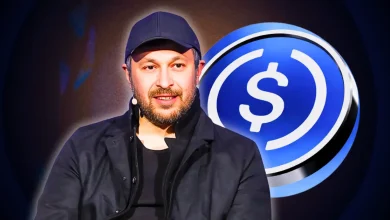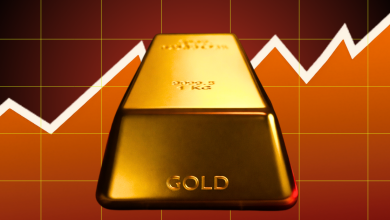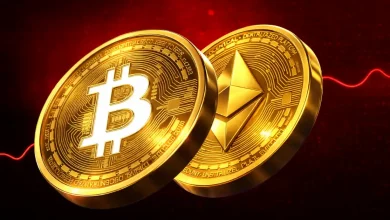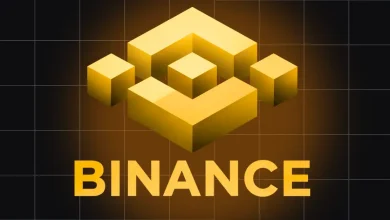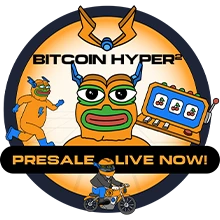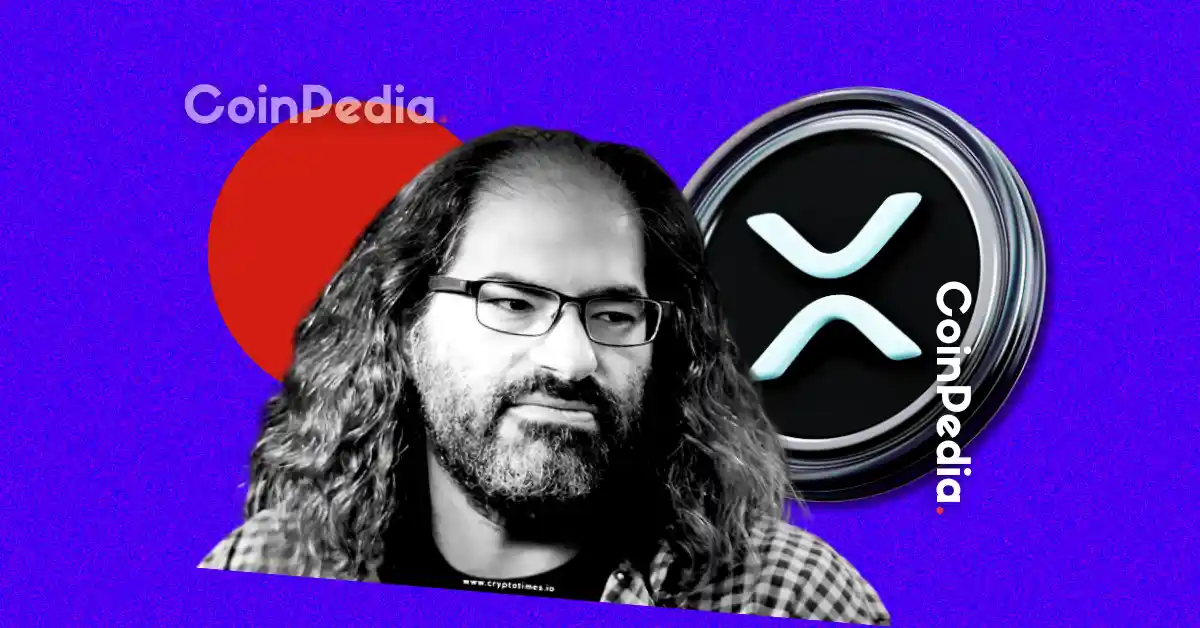
Ripple CTO David Schwartz denies claims that Kraken’s Jesse Powell hates XRP outright.
Schwartz says Powell’s XRP decisions were based on legal risks, not personal dislikes.
Powell warned XRP’s unclear regulatory status posed uneven risks for crypto exchanges like Kraken.
Ripple’s Chief Technology Officer, David Schwartz, is once again stepping into the spotlight, this time to clear the air around Jesse Powell, co-founder of the crypto exchange Kraken. A recent X post hinted that Powell has always hated XRP.
But Schwartz stepped in to clarify, stating that’s not true, and that the situation is more complex than it seems.
Let’s dive into what happened.
Casual Poll Sparked the Debate
It all started when Schwartz posted a light-hearted poll about Ripple’s IPO. But things quickly turned serious when one user brought up an old claim: that Jesse Powell “hates” XRP.
Schwartz quickly responded, saying Powell never hated XRP. Instead, his actions were based on legal caution, not personal opinions.
Schwartz also said it’s normal for people in crypto to have different opinions. Open conversations help the whole industry move forward. This shows how tricky it is to deal with new technology like XRP when laws are still catching up.
Powell’s Real Concerns About XRP
Over the years, Powell has talked about the legal grey area around XRP. He worries that if XRP is officially called a “security” by regulators, exchanges like Kraken could get in trouble, even if they did nothing wrong.
He calls this an “uneven risk,” making it hard for exchanges to decide whether to keep XRP listed.
When Kraken stopped XRP trading for US customers, Powell said it was a business decision, it wasn’t out of dislike or something else. He said the legal risks were “too big” to ignore.
- Also Read :
- August 2025 Crypto Calendar: Key Unlocks, Launches, Delistings, Airdrops & Global Events to Watch
- ,
Why This Debate Matters Now
Kraken is reportedly raising $100 million in preparation for a possible IPO, aiming for a $15 billion valuation. With the company back in the spotlight, old controversies are resurfacing.
But Schwartz’s response shows how important it is to understand the stance that Powell didn’t attack XRP; he acted cautiously, like many responsible business leaders would.
Despite the controversies, Kraken remains one of the busiest exchanges globally. With over $1.3 billion in daily trading volume and more than 1,100 trading pairs, it continues to play a big role in the crypto space.
Never Miss a Beat in the Crypto World!
Stay ahead with breaking news, expert analysis, and real-time updates on the latest trends in Bitcoin, altcoins, DeFi, NFTs, and more.
FAQs
No—Ripple CTO David Schwartz clarified Powell’s caution was legal, not personal. Kraken’s 2021 XRP delisting was a business decision due to SEC risks.
Kraken cited regulatory uncertainty as the SEC sued Ripple. Powell called it an “uneven risk”—not dislike—to avoid potential legal fallout.
Kraken handles $1.3B daily volume with 1,100+ trading pairs, remaining a top global exchange despite past XRP controversies.
Trust with CoinPedia:
CoinPedia has been delivering accurate and timely cryptocurrency and blockchain updates since 2017. All content is created by our expert panel of analysts and journalists, following strict Editorial Guidelines based on E-E-A-T (Experience, Expertise, Authoritativeness, Trustworthiness). Every article is fact-checked against reputable sources to ensure accuracy, transparency, and reliability. Our review policy guarantees unbiased evaluations when recommending exchanges, platforms, or tools. We strive to provide timely updates about everything crypto & blockchain, right from startups to industry majors.
Investment Disclaimer:
All opinions and insights shared represent the author's own views on current market conditions. Please do your own research before making investment decisions. Neither the writer nor the publication assumes responsibility for your financial choices.
Sponsored and Advertisements:
Sponsored content and affiliate links may appear on our site. Advertisements are marked clearly, and our editorial content remains entirely independent from our ad partners.


